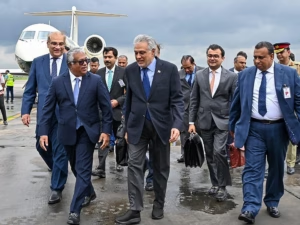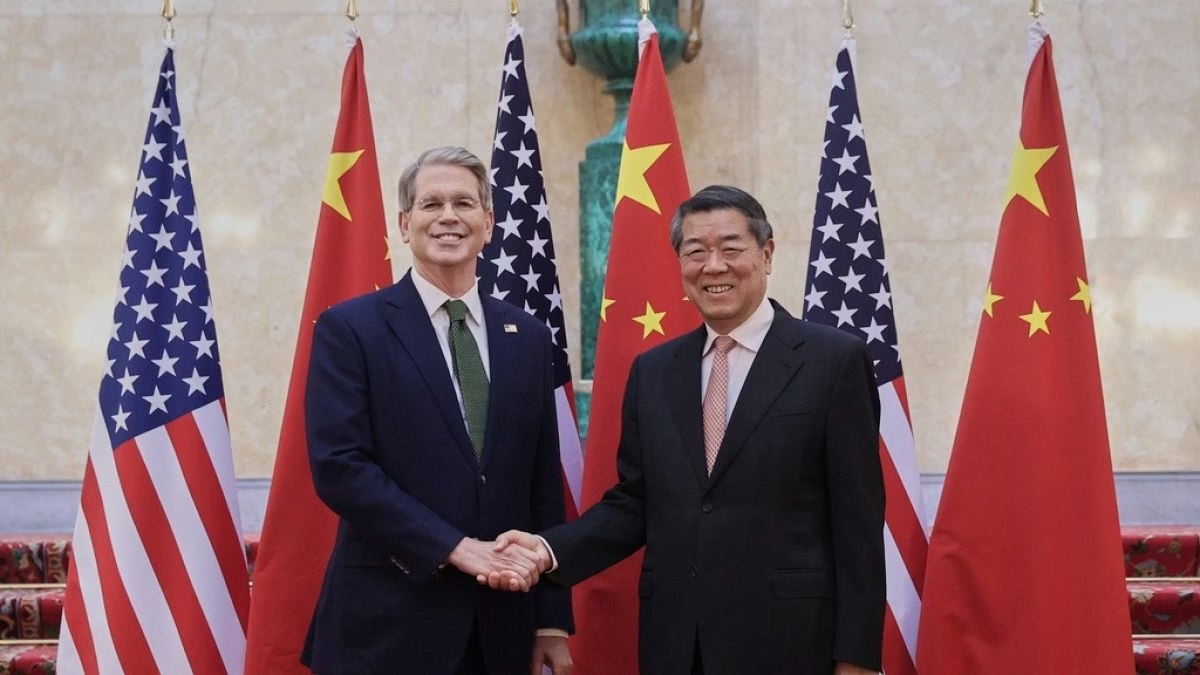Published on
ADVERTISEMENT
The United States and China have reportedly agreed to a framework that will enable them to enforce the agreement they made in May to resolve ongoing trade disputes. This information was shared by Chinese state media following a two-day meeting in London.
These discussions were held after numerous disagreements in the following weeks led to a telephone conversation between U.S. President Donald Trump and his Chinese counterpart Xi Jinping, with the aim of easing tensions.
Li Chenggang, China’s minister of commerce and official trade representative, announced that both parties approved a preliminary framework to implement the agreement reached by the leaders and during the May discussions in Geneva.
Further details, including information on the next round of discussions, had not been made available at the moment.
Li Chenggang and Wang Wentao, China’s commerce minister, were part of the delegation led by Vice Premier He Lifeng. They met with U.S. Commerce Secretary Howard Lutnick, Treasury Secretary Scott Bessent, and Trade Representative Jamieson Greer at Lancaster House, a historic mansion near Buckingham Palace.
Lutnick confirmed that the negotiations were “proceeding well” and was expected to continue throughout the day.
The two parties aimed to build upon the discussions that took place in Geneva last month, which led to a 90-day suspension of most tariffs imposed on each other, which had exceeded 100 percent during an intensifying trade conflict that raised concerns of a potential recession.
Since the Geneva talks, Washington and Beijing have engaged in contentious exchanges regarding advanced semiconductors that power artificial intelligence, the issuance of visas for Chinese students attending U.S. universities, and rare earth minerals crucial for the automotive industry and various other sectors.
Last week, Trump and Jinping held an extensive phone conversation in an attempt to reestablish relations. The call was followed by an announcement that trade talks would recommence in London.
China, the world’s largest producer of rare earths, has hinted at a potential easing of the export restrictions imposed on these materials in April, which caused global concern among automakers reliant on these resources.
In response, Beijing urged Washington to lift restrictions on China’s access to the technology necessary for producing advanced semiconductors.
Trump stated his intention to “open up China,” the world’s largest goods producer, to U.S. products. He added, “If we don’t open up China, maybe we won’t do anything. But we want to open up China.”





